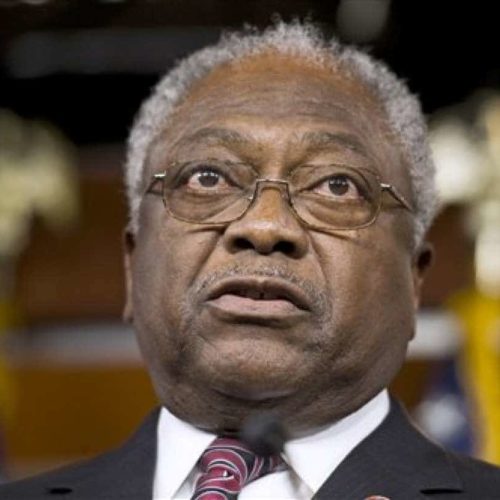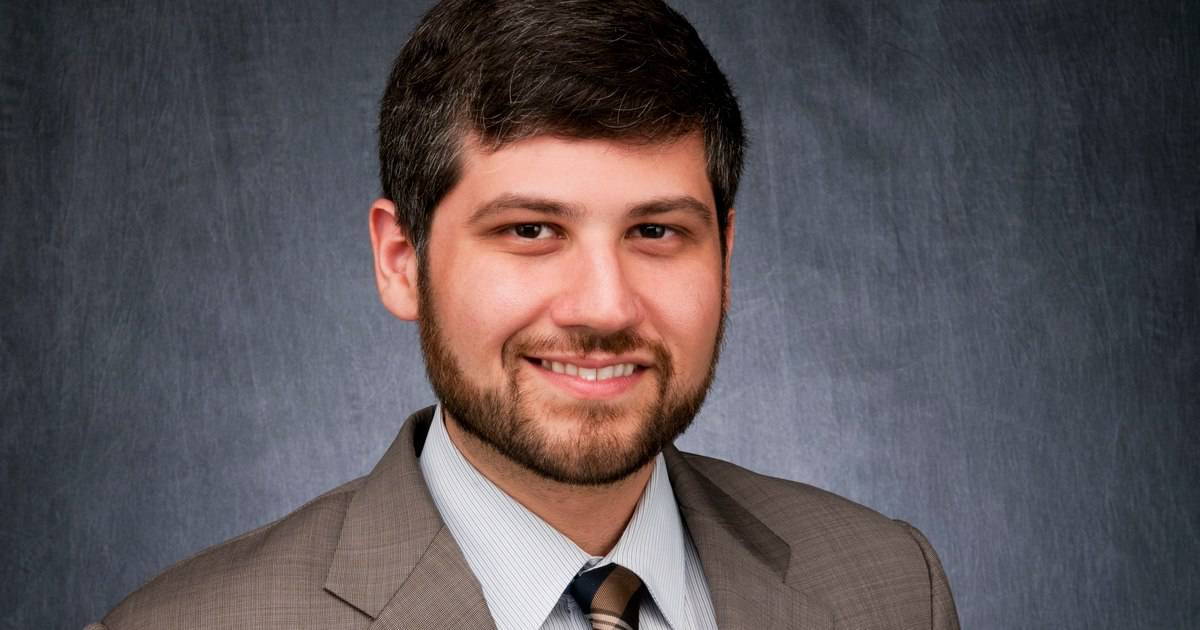Introduction
Rep. James Clyburn of South Carolina has long been the third-ranking Democrat in the House and a reliably liberal loyalist who will largely hold the line on the party’s sacred cows of Social Security and popular federal health programs.
In a recent interview with The State, a South Carolina newspaper, Clyburn said he would be open to a Super Committee plan that cut federal payments to doctors and hospitals, but not beneficiaries. He also called for ending the Bush-era tax cuts and eliminating corporate tax loopholes.
When the Democrats lost their majority position in the last election, House Democrats created a new leadership position for Clyburn – assistant Democratic leader. The role gave him a place during the debt ceiling talks and Clyburn said he frequently talked with President Obama. He also served on Vice President Joseph Biden’s debt reduction working group.
His rhetoric sharpened as the debt ceiling negotiations continued. Clyburn said the Republican plan, shepherded by House Speaker John Boehner, was less than serious. He is now in the position of being an active participant in that plan’s key ingredient for future fiscal reform – the Super Committee.
“Speaker Boehner does not even pretend that this is a serious attempt to solve the problem—he sold this bill to his Conference by telling them that it wasn’t bipartisan. And with divided government, a plan that isn’t bipartisan is no plan at all, it’s just a game,” he said.
Elected to the House in 1992, Clyburn began his career as a civil rights activist, organizing sit-ins in the 1960s. He has been an active leader in the Congressional Black Caucus and has frequently tried to encourage leadership to take on issues pressing for African Americans.
In a 2009 Washington Post profile, Clyburn was noted as someone willing to work with Republicans as necessary. He also served for years on the House Appropriations Committee, cutting budget deals big and small.
But during a press conference Tuesday, local South Carolina media reported that Clyburn doesn’t buy into the argument that entitlement programs need to be cut.
“This is just blaming poor people, mothers and fathers living on a fixed income with Medicare, blaming them for the problem, while fat cats in the upper 2 percent get another tax cut, a $200,000 tax cut in their bill,” Clyburn said, according to the report from TV station WSPA. “I’ve said it before and I’ll say it again, that is just un-American.”
Top Political Contributors
- PriceWaterhouseCoopers, the international professional services firm — at least $35,000
- Amgen Inc., a pharmaceutical company — at least $31,500
- Lockheed Martin, the aerospace and arms manufacturing giant — at least $31,000
- 25 PACs donated at least $30,000 to Clyburn, including many national unions like the IBEW, United Food & Commercial Workers International and the American Postal Workers union.
- PACs contributed over $4.4 million to Clyburn’s campaign fund and his BRIDGE PAC since the start of 2009.
Revolving Door
- Aranthan “AJ” Jones, a principal with the lobbying powerhouse Podesta Group, is a former director for policy and research for Clyburn. While in Clyburn’s office, Jones focused on “health care, economics, immigration, homeland security, global public policy, intergovernmental issues and Gulf Coast disaster recovery.” His clients now include health giant Covidien, systems company Oracle and the Livestrong foundation.
- Alex Silbey, a senior policy adviser with Clyburn, is now a principal at ATS Communications. His clients include defense electronic system manufacturer DRS Technologies and military equipment company SKYDEX.
Statements on the Super Congress
- “Today as we debate the financial future of our country, Republicans are again targeting Medicare for cuts. Yet they are not willing to ask the wealthiest Americans to pay their fair share to decrease our budget deficits. Democrats will continue our fight to protect the promise of Medicare for our seniors and generations to come.”
- “Since 1935, Social Security has been our country’s contract with our most vulnerable citizens that they will not be forgotten. It is more imperative now than ever that we continue to provide the guarantee of Social Security for future generations.”


Join the conversation
Show Comments